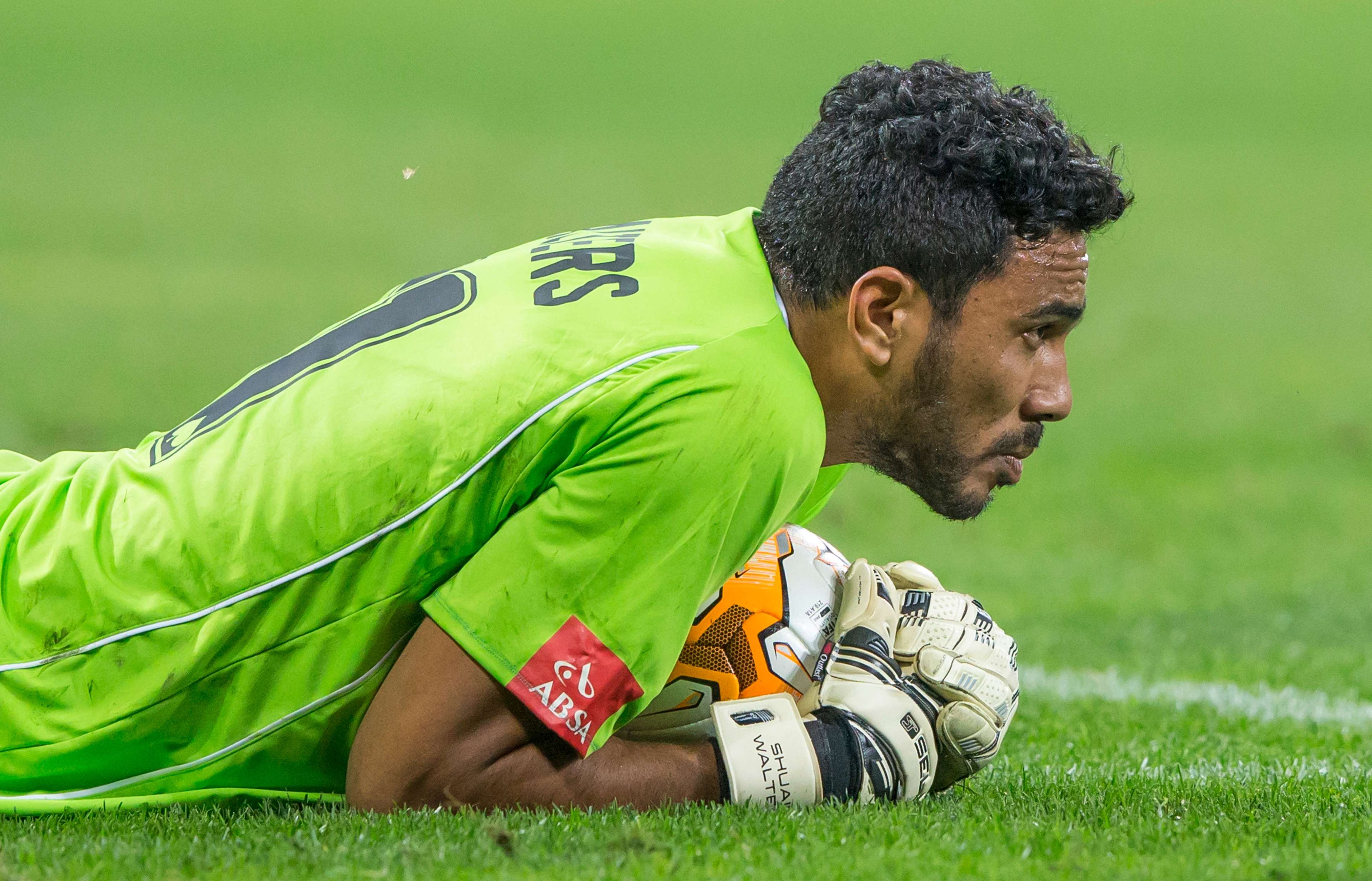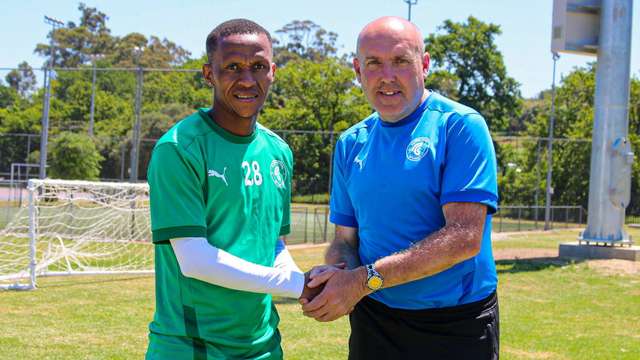PLAYER PERSPECTIVE: SHUAIB WALTERS Follow on Twitter
With recent revelations of Aaron Lennon’s stress related illness, the focus over the past few weeks has shifted once again to mental health in football.
South African footballers are no different and we too are faced with issues such as depression and anxiety and this week I want to dig a little deeper on the subject.
Delron Buckley’s book caught my attention this week. In the book, he addresses issues pertaining to mental health that footballers would normally shy away from as there is a stigma attached to mental health or any mental related illnesses.
Watch Buckley recall how he considered suicide in Germany
Next Match
There is an assumption that professional athletes do not suffer from mental health issues as we are seen as being physically healthy. To many, professional athletes are heroes living the dream of fame and fortune in the world of sports. As glamorous and rewarding as this sounds many a times we succumb to the pressure of this lifestyle.
I’ve had my personal experiences where I was not able to cope with the pressure of being expected to constantly perform well and the backlash from disappointed fans that comes with not performing well.
There is also the element of family and friends always looking to you for financial assistance. As much as I have a very big heart and would like to help everyone out all the time, it became too much for me to handle, especially since came outside of all the other pressures I had to face.
I decided to take the steps of seeking help from a professional sports psychologist who has worked with many athletes that have endured and overcome the same pressures I was dealing with. I can honestly say that working with this sport psychologist has helped me, not only in my career a but in my personal life as well.
As I mentioned in my previous article about mental health, finding balance is of paramount importance; if you don’t you could slowly unravel without realizing it. This is what happens most times and when the problem is eventually identified it might be too late.
Similarly, I have witnessed first-hand the disastrous effect that the lack of mental preparation for life after football has had on friends and colleagues on the downside of their careers and those who have retired.
They not knowingly face mental health challenges like depression and the abuse of drugs and alcohol to help them cope with the changes in their life as they have not prepared themselves emotionally or financially for life after football.
The main factor in many of these cases is the loss of money. The sad fact is that most professional athletes are broke within a few years of retirement because they had never learned to manage their finances well. They live large and have relatives looking to them for hand-outs during their playing days. When the money runs out, so do the good times and the adulation they had received. This then has an impact on the emotional wellbeing.
On a more positive note, clubs are coming to the realisation that mental health plays a very important part in an athlete’s performance. And rightly so, as being professional athletes we face unique physical challenges during our careers. Whether it is exhausting training or intensive competition, we push our bodies beyond what many of us can imagine and because of recent studies, many are beginning to realize the importance of addressing the mental health of athletes and not just the physical condition.
Till next week!
Delron Buckley will be sharing his experiences at the Depression in Sport panel disussion on the 30th May at the HPC. For more information on the event or the book - visit www.DelronB.com or call Tel: 081 271 2242
This column is brought to you by Lotto Sports Apparel.






